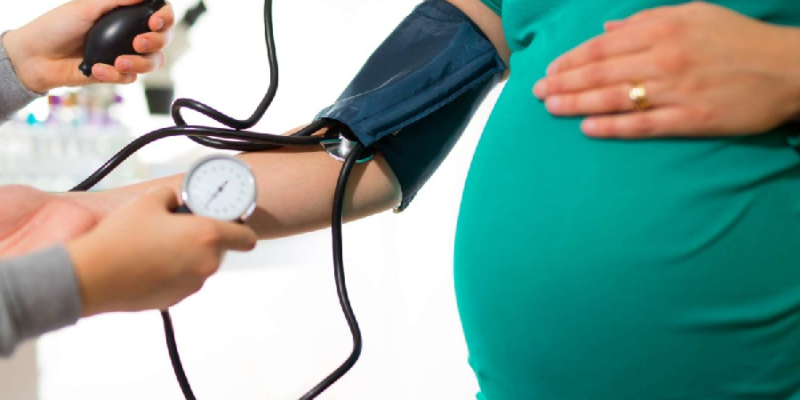According to the National Institute of Child Health and Human Development, obesity amongpregnant women increases the baby’s risk of heart conditions by 15%. Many other factors can pose risks to the health of the mother and her unborn baby. These range from the mother’s age to medical conditions during pregnancy. If you have any health conditions before pregnancy, are prone to allergies or have a family history of a chronic disease, consult the best gynaecologist in Delhi.
Here are the risk factors involved in a high-risk pregnancy. Being aware of these can help you address them early and have a more pleasant experience when checking into maternity hospitals in Delhi.
Which Factors Make Your Pregnancy High Risk?
Age: If a pregnant woman is above 35 years, she is more prone to a high-risk pregnancy than women in their 20s or early 30s. After 40 years, risks of genetic conditions and a miscarriage increase dramatically.
Pregnancy-related conditions: Sometimes, your pregnancy may be termed high risk due to certain conditions associated with your pregnancy itself rather than your health. These may include:
· Foetal conditions: About 2-3% of all babies carry an insignificant or significant structural condition in their development. Any such cases are usually detected during an ultrasound. The foetal problem may rarely also be genetic.
· Placenta previa: In this condition, your placenta will be covering your cervix. It may cause bleeding, mainly if you undergo contractions. When approaching delivery, if the condition persists, your doctor may recommend a C-section to lower any bleeding risks to you or your baby.
· Multiple births: It refers to more than one baby (like twins, triplets or more) carried during pregnancy. If you receive infertility treatment, you may be prone to multiple births. It raises your risks of pregnancy-induced high blood pressure, gestational diabetes, and preterm births.
· Preterm birth: This refers to labour starting before 37 weeks of gestation. Premature labour, a shortened cervix or specific infections can increase the chances of a preterm birth.
Health conditions before pregnancy: Conditions like sexually transmitted disorders (STDs), autoimmune diseases, obesity, diabetes, heart disorders, kidney problems, lung diseases, high blood pressure or chronic infections like HIV can pose risks to you and your baby. If you had problems with an earlier pregnancy or had a miscarriage or have genetic health conditions, these can also contribute to a high-risk pregnancy.
If you have a health problem, ensure to visit the best gynaecologist in Delhibefore you plan to get pregnant. The doctor may adjust or prescribe medications, recommend certain lifestyle changes and perform the necessary tests to secure your health and that of the foetal.
Health conditions during pregnancy: You may be healthy when you get pregnant and develop certain conditions during pregnancy. These could harm you and the baby. The most common conditions developed during pregnancy are:
· Gestational diabetes: You can develop this type of diabetesduring pregnancy. This makes you vulnerable to developing type 2 diabetes. If you’re treated for this condition, you may have a healthy pregnancy and also give birth to a healthy baby. Gestational diabetes generally disappears after childbirth.
· Preeclampsia:It refers to a syndrome associated with swelling, urinary protein and high blood pressure. If you develop or are diagnosed with it, you must receive its treatment right away to avoid any potential risks to yourself or the foetus. Thankfully, with effective management, most pregnant women who develop this condition, give birth to healthy babies.
If you plan to get pregnant, get admitted timely to one of the reputed maternity hospitals in Delhi to be diagnosed for any pregnancy-related risks and rule them out. This can ensure your long-term health and that of the baby.













Comments